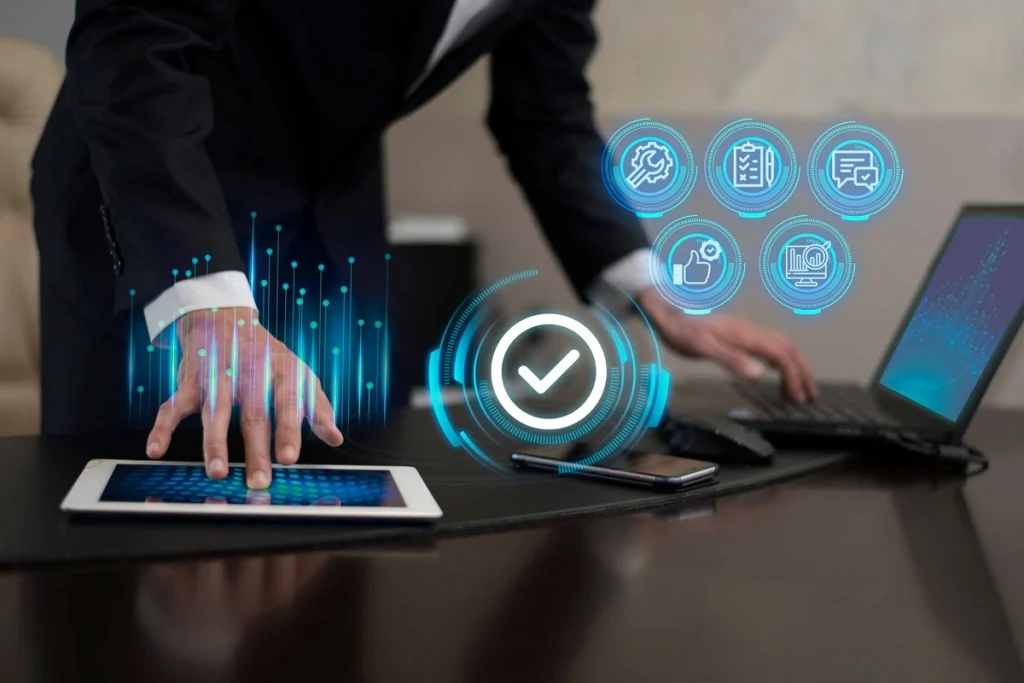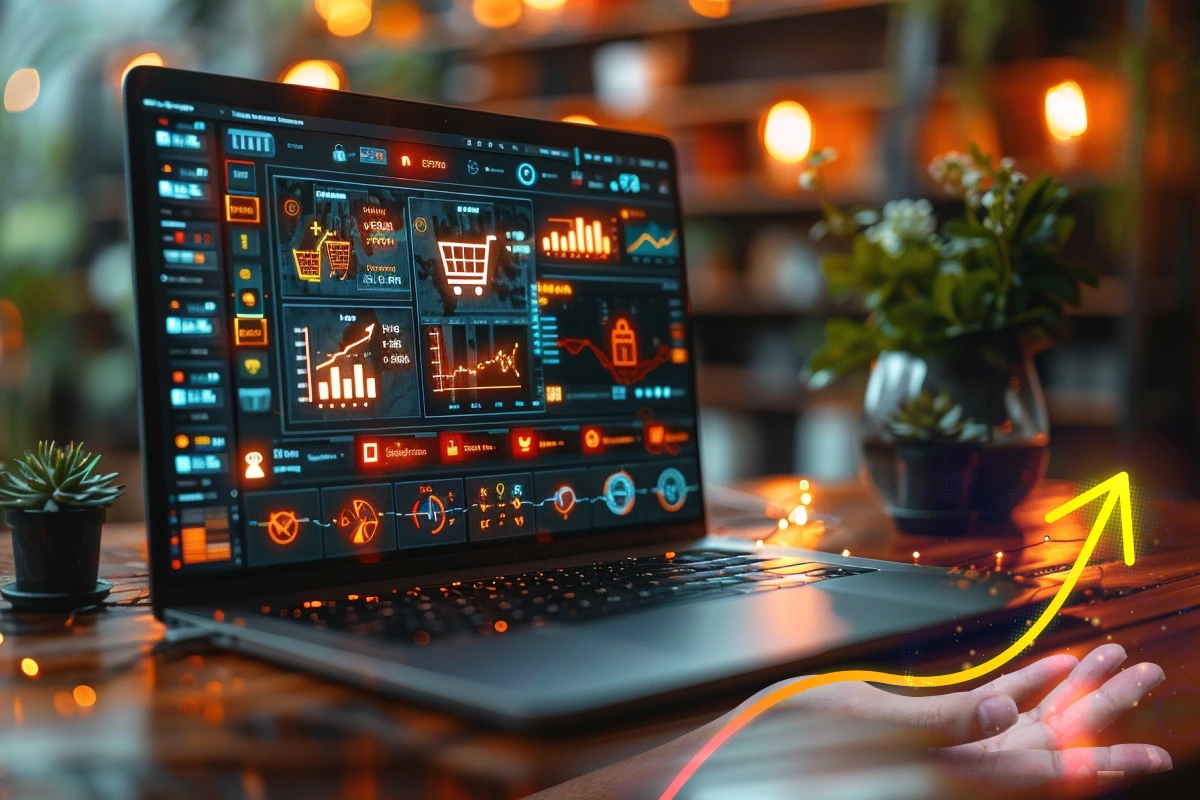Think of a world where your data is under your control. Data PODs let you decide what can be easily accessed and by whom. It’s similar to having private data vaults.
This is a place where no products or e-businesses are intruding on your privacy or gaining data from your personal life. These companies cannot spy or use the data for their users to generate their own profit. In this decentralized world, you can keep your data secure, even from the government and the company giants.
To understand how data PODs work towards empowering users with their decentralized data control, here is everything you should know.
What To Know About Data PODs?
Data PODs or Personal Online Datastores are known as decentralized storage units. These units can be used to store individuals’ personal data.
Compared to traditional centralized databases, which corporations mostly control, these units let users have ownership and complete control over their personal data and information.
These private data vaults can access the data, including banking, browsing history, medical records and processes, using encryption to keep it safe. Here, only the individual or owner of units can choose who can access which data can be seen or included. Not just that, it’s also up to individuals to decide how long the selected information can be accessible or seen by whom.
How Does It Work?
To understand, focus on knowing more about how digital data security works. It can help leverage decentralized technologies, including blockchain which helps in providing better data integrity, accessibility and security.

Here is how PODs work:
Decentralizing
The data gets stored across the network in small nodes instead of one centralized and single server. Keeping its size smaller helps reduce the chances of data breaches.
As per the survey, data breaches have impacted around 422.14 million people in 2020. Even with the best privacy software, data breaches are a major concern that PODs can solve.
Ownership Over Data
After the users get their own PODs, they can manage the settings as per their preferences and needs. Here, they can choose which data type can be shared with what type of application, services, etc. Also, they gain ownership over which data access can be removed.
Getting Interoperability
With the help of database scaling, the PODs are designed to be easily exchanged or make use of information using various applications and services. It ensures hassle-free integrations regardless of the platform without letting their users lose their control.
Adding Layer of Security
The next step is to add a layer of security and privacy to the data. PODs are equipped with advanced encryption, an authentication-like mechanism for protecting the nodes.
Why Are Data Pods Helpful?
As for the present scenario, the data environment is run by big names in technology companies, which gather, manipulate, and sell information often without permission. Exploitation has caused concern about privacy and data security.
And here comes the Data PODs, which offer a solution, allowing individuals to reclaim control over their digital data and footprints.
Besides these, here are some of the major points on how these PODs can be helpful.
Adding A Layer Of Privacy
PODs come with an advanced protection mechanism, which makes the data private. Also, it allows individuals to have better control over their digital footprint.
It lets them store data securely and share it with whom they want to, with their consent. Decentralization can help you access information and use it as you wish.
Better Transparency And Trusted
PODs help promote transparency as they offer insights into how their data can be utilized and accessed.
It can also monitor the data-sharing activities of the users. This helps create balanced data where you have more trust than any other option.
Offer Control Over Data Ownership
Data PODs also give users control over ownership and monetization of their personal data. It gives users the power to control as well as navigate their digital experiences.
In some situations, the compensation for the data provides a profit to individuals from their own personal information.
Access To Education And Better Invocation
With PODs, people can participate in online systems more actively, regardless of where they are or at any time.
The platform offers tracking and storing information, including beacons mobile websites, cookies and other elements that can compromise security.
What Can Be The Challenges?
Even though the concept of POD gives a high possibility of a promising future, it does have its own challenges and considerations. It includes
It Can Be Technically Complicated
The implementation as well as management of PODs can be a complex challenge. It requires people to have a strong understanding of the subject, like what and how decentralized technologies work. The interface also requires to be user-friendly and have a support system to ensure it is easy to use.
Following The Regulatory Compliance
Data protection should be as per regulations compliance, such as CCPA and GDPR. It’s required to follow the legal requirements. It will ensure the safety of its users’ rights and avoid any kind of pitfalls in the future.
Better Adoption and Standardization
Another challenge that can arise is standardizing and ensuring it’s compatible across different platforms. Not just that, there should be ease in collaboration efforts between the providers, developers, and regulators to set common standards and protocols.
Regulatory Frameworks
It’s expected that the government and regulatory agencies will have these laws and regulations monitoring the usage as it becomes popular.
Here, the key actions will be ensuring the data are well protected, setting the guidelines, and defining the users’ rights for both sharing and monetizing.
What is The Future of Data PODs?
Data PODs are still in their growing stage. No doubt, there are still a lot of journeys to cover, which makes the future much more promising. It offers an ethical, better, and more user-centered digital future, providing more responsibility and power over the data. Besides these, here are some of the points which contribute to its promising future.
Use of AI in Data PODs
AI in data security combined with POD is a game changer; it has enhanced automation and improved personalization. With the help of AI, the data process can be done without violating privacy, developing better suggestions for personalizing, automating the process, and adding insights accordingly to the users.
Collaborating Cross Borders
It encourages the best practices in information exchange, formatting per international standards and improving the cross border collaborations. It will help accelerate the ease of adoption and innovation using data.
Introducing Blockchain Technology
Decentralized in blockchain technology, PODs offer a secure protection system for the data, logging every single data transaction. It also adds easy accessibility and strong security, trending towards the right path for protection and providing much more transparency.
Wrapping Up
Data PODs are a revolutionary change in data storage and security, and it’s only just started. It has tons of opportunities and a future, providing more people control over their data and privacy.
It will be helpful in data engineering services, technological advancements, and user adoptions, shaping the future where people have both power and can navigate the digital world much more confidently.




